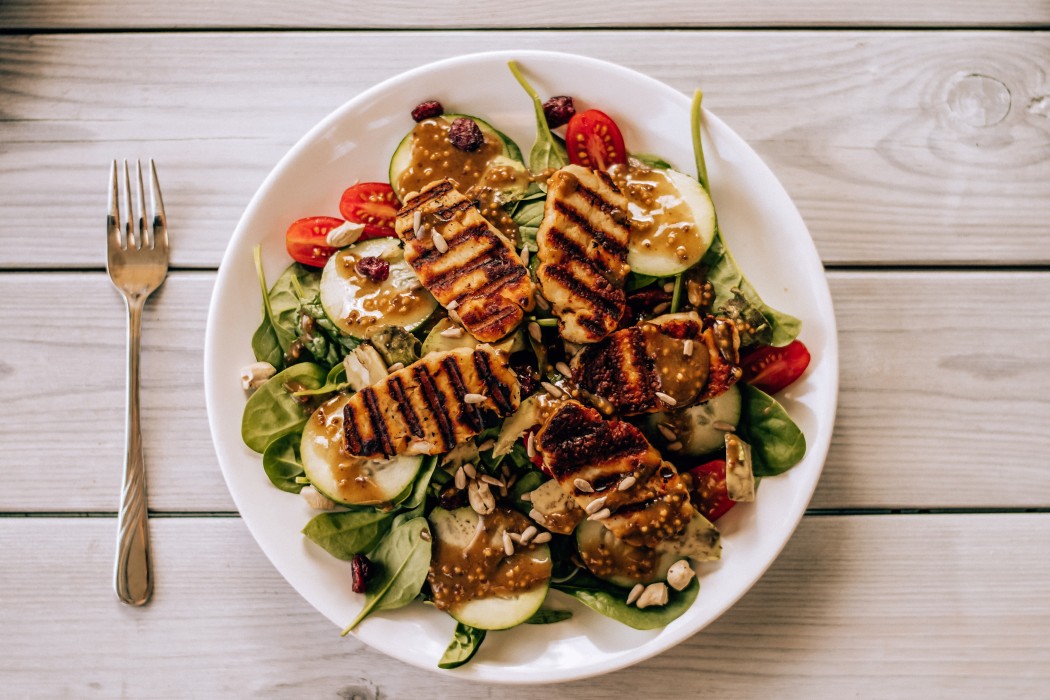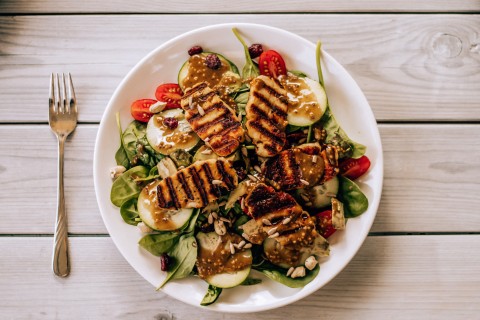How to Manage Diabetes During the Holidays

Indulgence is the name of the game during the holiday season. When living with diabetes, this can be a harmful to your health. As we head into the holidays, it’s important to be mindful of what you are eating, especially if you are a diabetic, while still being able to enjoy the season with loved ones. We spoke with Dr. Anjali Grover, endocrinologist with Mountainside Medical Center, to learn more about how diabetics can safely maneuver the holidays without feeling deprived.
“When you are mindful of what you are eating on a regular basis, you won’t feel like you are restricting yourself and you can still enjoy the special treats at the holidays,” said Grover. “A lot of people over indulge during this time of year and then go really extreme on limitations afterwards, which can be dangerous. If you keep with your normal portions and continue to pace yourself, you can still enjoy your favorite holiday dishes. It’s all about listening to your body. When we eat too much, that causes us to feel tired and sluggish, which is our body’s way of telling us that we have overindulged.”
Staying physically active is also an important part of managing diabetes, especially during the holiday season. “It can be difficult to stay active during the winter because of the colder temperatures and longer periods of darkness,” said Grover. “There are still plenty of ways you can stay active, even in moderation. Walk around the block after you eat dinner or do a few laps around your house, as this helps digest the food you have already eaten and can prevent spikes in blood sugar.”
Grover says a good rule of thumb to follow year round is to make breakfast your biggest meal of the day. “Breakfast and lunch should be your reasonably sized meals with dinner being the smallest, regardless of whether you have diabetes or not,” said Grover. “Everyone’s metabolism slows down around that time of day. The ideal time to eat dinner is around six or seven p.m. so your body has a chance to properly digest the food. If our bodies don’t metabolize properly, the food can be converted to fat which can lead to diabetes and weight gain.”
When it comes to eating carbohydrates, make sure they are they good kind. “Carbohydrates are a good source of energy for the body, so don’t completely eliminate them from your diet,” said Grover. “Choose complex carbohydrates over simple carbohydrates like white sugar, white flour and white pasta. When you do eat carbohydrates, pair them with a good source of protein and fat because the protein will help you manage the carbohydrates better.”
Sleep habits also are also linked to diabetes and obesity. “A lot of people believe six to eight hours of sleep is enough, but the time of day you are sleeping plays a big part in that,” said Grover. “Our body clocks are wired to start sleeping around 10 p.m., so someone who is sleeping from midnight to eight a.m. might not be getting adequate rest. Sleeping at the right times allows your body to detox from the day and helps with energy and metabolism, as well as blood pressure control.”
It’s important to remember to eat for sustenance and not comfort. “We live in a world where people are very stressed and pressed for time, leading to us using food as comfort and reaching for the wrong types of food when we are pressed for time,” said Grover. “When people get diagnosed with diabetes, they feel like they are restricted and cannot eat a lot of things. It’s really all about changing your mind and how you view food. Instead of eating for comfort, eat food for nourishment for your body and your cells. Your body is working non-stop, so you want to feed it sustainable foods.”





